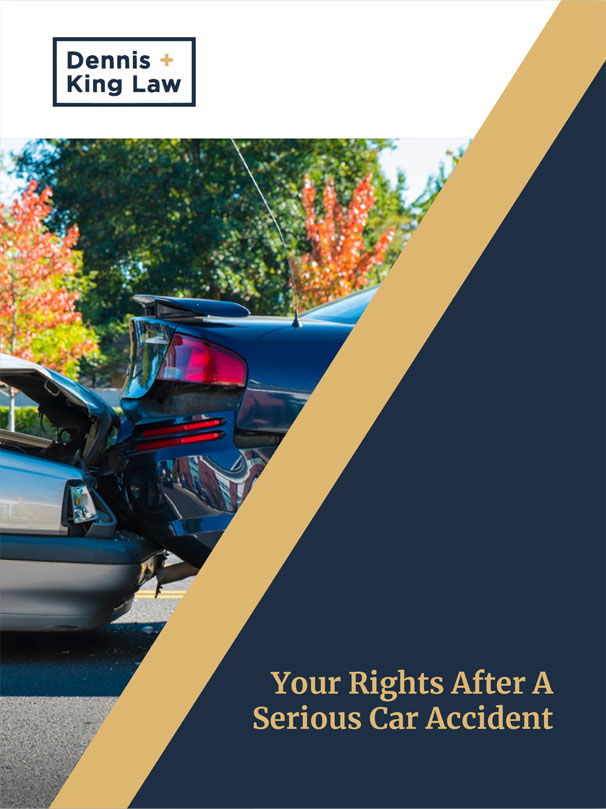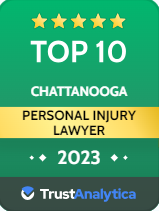You can still be compensated if the accident only made a pre-existing condition worse, such as making a back or knee injury worse. However, you need medical proof to connect the worsening of your pre-existing condition to the accident. This means you need a doctor to say that the accident worsened your condition.
Never forget that insurance companies are not your friend. They make their money by denying claims, not helping victims prove their claims. And they love to pick apart an accident victims’ medical records in an attempt to prove the insurance company or their insured is not responsible for the injured person’s physical condition, medical bills or pain and suffering.
So, it would help if you were not surprised when the insurance company tried to pin all your pain, suffering and medical bills on your pre-existing condition. Properly handled, you can prove that an accident aggravated your pre-existing injury—particularly if the collision was a forceful one as demonstrated by the damage to your car. It only makes sense when you think about it—a part of your already damaged body is more vulnerable to further injury. When asked this directly, most medical providers will have to admit that this is true.
To help your medical provider prove that the collision or accident aggravated a pre-existing condition, here are some things you can do:
- Always seek medical care immediately after the collision. Even if you don’t think you are hurt that badly at first, go to a doctor or hospital ER. Why? Because the medical provider documents the closer to the accident your pain complaints, the harder it is for the insurance company to argue that your pre-existing condition caused your pain, not the collision or accident.
- Describe your symptoms in detail. Start at the top of your head and name every part of your body that is hurting, tingling, numb or just feeling strange since the accident. Don’t limit your complaints to only what is hurting when talking to the medical provider. Report everything you have experienced since the collision or accident. Remember, it does not happen if it’s not written in a medical report for all practical purposes. For example, say your low back hurts only a little bit after the accident, and you decide not to mention it. Your back pain increases, and three months later, you find you need surgery. Will you show the collision or accident that cause you to need surgery? Probably not. So, mention everything.
- Don’t be afraid of being honest with your medical provider. For instance, let’s say that three years before the wreck, you required low back surgery. After the surgery, you might still have pain from time to time, but you went back to work, you stayed active, and you didn’t need further medical care. It’s OK to tell the doctor or medical provider that while you had back surgery three years ago, you had well recovered until right aft3er the accident or collision. This helps the doctor show that this weakened part of your body was re-injured.
- Be Careful before talking to an insurance company about your injury claim before talking to an attorney first. The attorneys at Dennis & Winningham Law will guide you through what you should and should not say to the insurance company or your future medical providers.
Call us at (423) 892-5533 to schedule your FREE consultation about your injury claim. We can guide you through the complicated process of proving that the accident or collision aggravated your pre-existing injury.

 500+ five star reviews
500+ five star reviews








